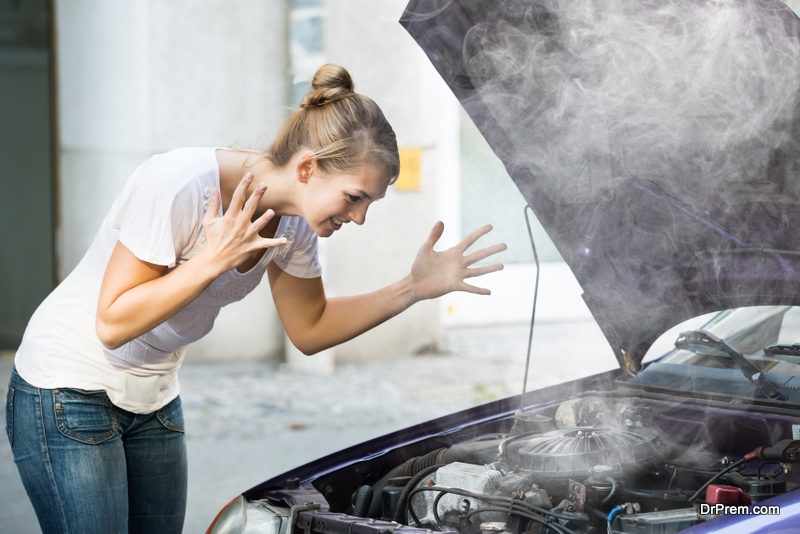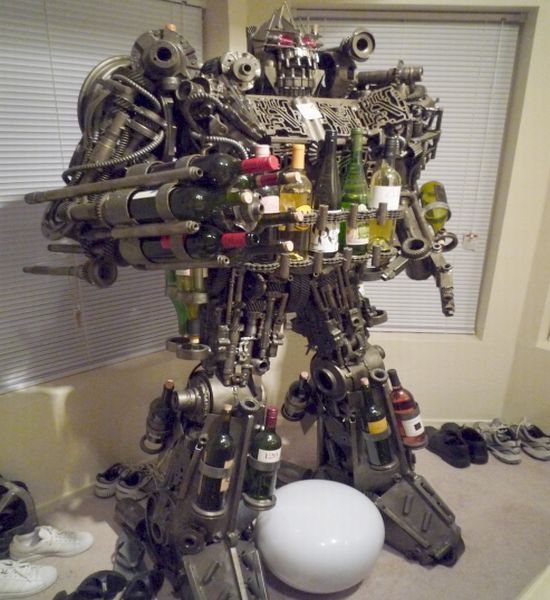Your radiator may suddenly begin to leak, which could strain you in an unfamiliar place by the side of the road. Such a leak can be a serious issue regardless of the car model. Therefore, it is wise to avoid driving it when this occurs. It could be very tempting to continue adding coolant to solve the issue. However, your vehicle’s cooling system is sensitive, and such a strategy could backfire.
Instead of trying such tricks and risking a catastrophe that could keep you stranded much longer, finding out the actual problem with your car is better. To remedy a radiator leak, you need to recognize signs that indicate this issue. Here are ways to tell if your radiator cores need fixing or replacement because the radiator is leaking.
1.Your radiator is discolored
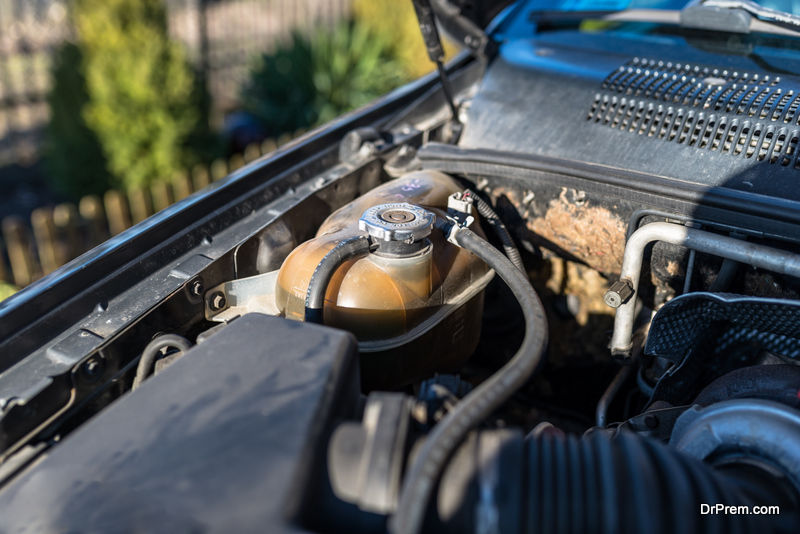
Open the hood and look out for any spotting on your radiator or around the engine. If your radiator allows your coolant to leak and land onto your radiator or other hot areas on your engine, there will be spots on these areas. Within a short time, rust will begin to form, and this is one way to tell that your engine is leaking.
2.White exhaust fumes
When your radiator is leaking, you may notice your car producing white smoke from the exhaust whenever the coolant levels are low. This signifies that your coolant is burning up inside your car’s engine from a leak. It is the reason behind the coolant being expelled from the tailpipe.
3.A low coolant level
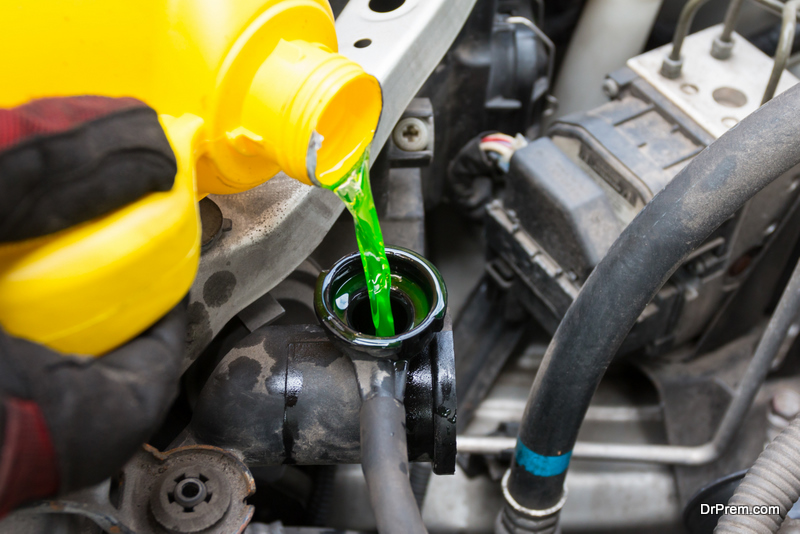
Part of the routine for your car maintenance should include checking up on your coolant reservoirs to ensure that it is full. If your reservoir is not full, it could indicate that your coolant fluid is leaking whenever your vehicle is running. If you do notice this, take your car to the mechanic and have him look into your radiator to identify the source of the leak and repair it.
4.Seeing leaking fluid
In case you notice a puddle of a green liquid that has a sweet smell, you have just come across your coolant leak. The leaks could originate from the radiator itself or the hose. It is crucial to have the source of your leak repaired as soon as you can to prevent overheating, which will potentially present serious engine issues that you don’t want.
5.Your radiator hoses are faulty
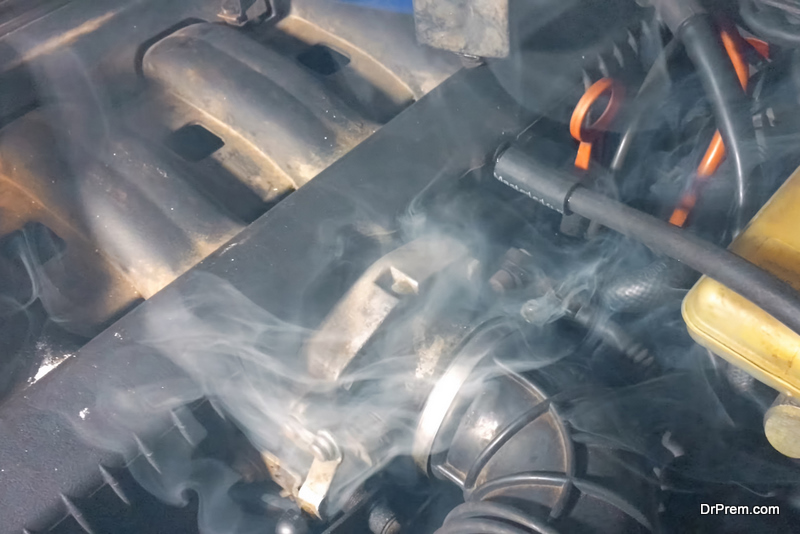
With time, the hoses connecting to your radiator will wear, and connecting your clamps also loosens them. Ensure that you frequently examine your hoses and connections. Hence, it will be easier to catch any potential damage that could cause leaks quicker, thus preventing further damage.
6.Your engine overheats frequently
Your radiator protects your engine from overheating. Whenever your radiator is leaking, the temperatures in your engine will increase significantly. That causes your engine to overheat more.
Once the leakage issue has been fixed, you will need to replace your coolant and flush your system. That will allow you to remove any sediments or rust in the passageway. These sometimes form plugs in the hose, thus causing leaks and overheating. Suppose there are any visual indications that your vehicle is having issues. In that case, it is wise to have a mechanic assess the situation to ensure that your radiator and car are working well.
Article Submitted By Community Writer


